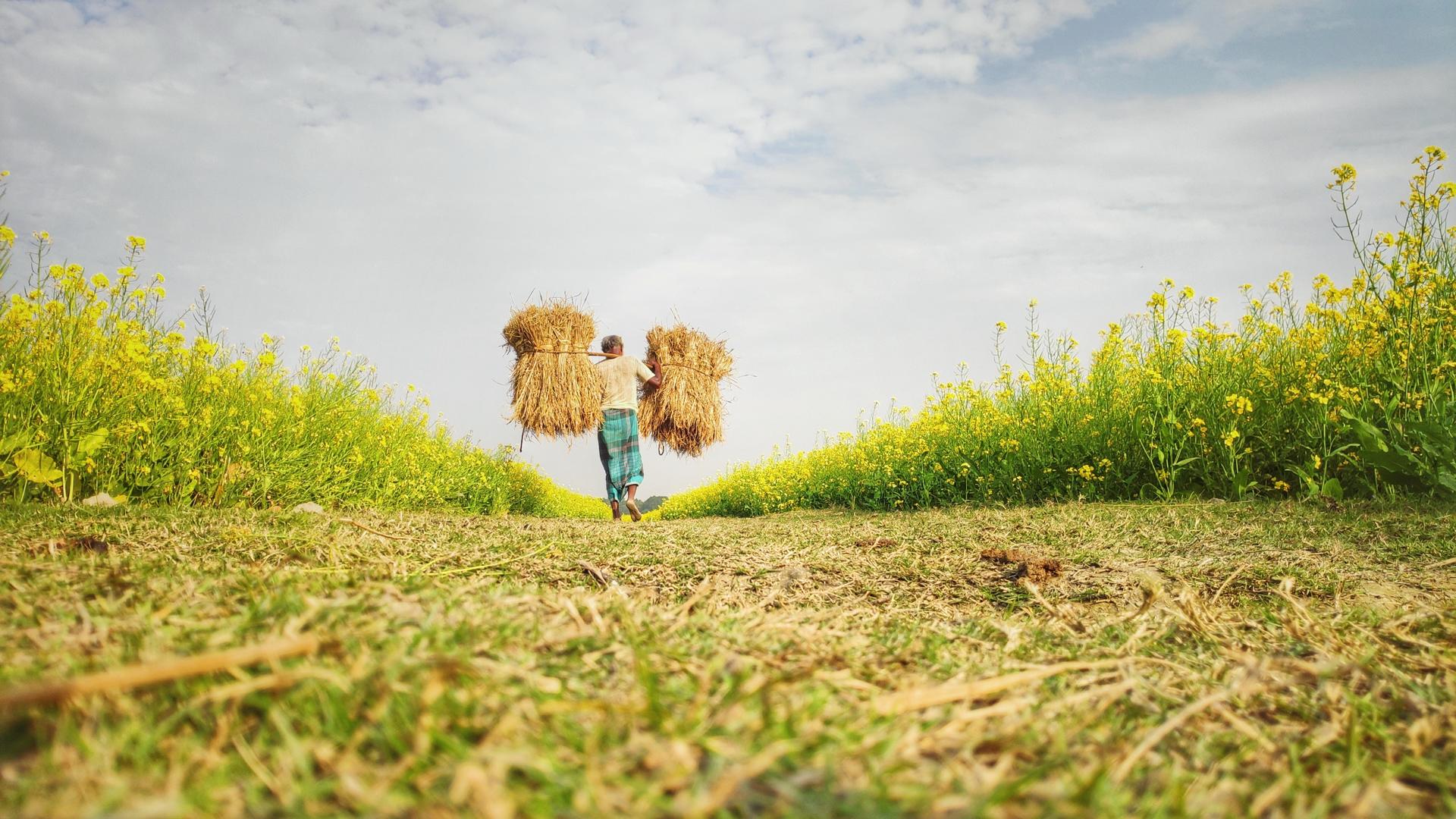How do we identify their representatives?
In some countries most farmers are members of farmers' organizations, in other countries few farmers have such memberships. However, even in countries with high membership levels it may be difficult to identify legitimate representatives of farmers, because not all organizations have participatory and democratic methods of electing representatives.
Also, there might be situations where the representatives are legitimately elected, but where the members are not included in decision processes in the organizations, as is sometimes the case in large scale farmers' unions. Thus, even if legitimately elected representatives from farmer unions are invited to participate in the implementation process, this is not necessarily a guarantee for the inclusion of the farmer members of the respective organizations. In such cases, we can not really talk about inclusion of farmers in the process. In some countries representation is well organized, and the problems mentioned here are not prevalent.
In many countries, NGOs are involved in the realization of Farmers' Rights at the local level. Such organizations may have significant experience and insight in the situations and needs of farmers, and should be considered as participants in processes related to Farmers' Rights.
A number of options are available for the various situations described here.
Options if membership level is low:
- Try to select a group of farmers from different parts of the country, for example through extension services, other outreach programmes in the agricultural areas or through NGOs. Try particularly to look for farmers who contribute to the conservation and sustainable use of plant genetic diversity.
- If there are relevant farmers' organizations in the country, invite representatives from these organizations in addition.
- NGO representatives, agronomists, socio anthropologists or social workers with experience from farming areas may also be invited to shed light over the situation of farmers and their needs.
Options if membership level is high, but representatives are not democratically elected:
- Invite representatives from the organizations.
- Try in addition to select a group of farmers from different parts of the country, for example through extension services or other outreach programmes in the agricultural areas. Try particularly to look for farmers who contribute to the conservation and sustainable use of plant genetic diversity.
- NGO representatives, agronomists, socio anthropologists or social workers with experience from farming areas may also be invited to shed light over the situations of farmers.
Options if membership level is high, but farmers are not involved in decision processes:
- Invite representatives from the organizations.
- Seek to plan together with the representatives, and support, the involvement of the members of their organizations in the implementation process concerning Farmers' Rights.
- Representatives of NGOs with field experience may also be invited to shed light over the situations and needs of farmers.
Options if membership level is high and farmers are well represented:
- Invite representatives from the organizations, and make sure that their members are included also in this process.
- Representatives of NGOs with field experience may also be invited to help shedding light over the situations and needs of farmers.
